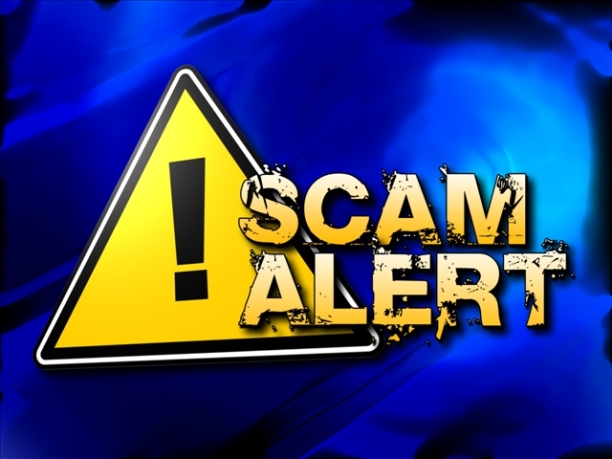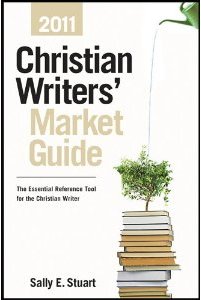I subscribe to Writers Digest. It’s a great resource for both aspiring writers and writers who are well-established. I frequently read articles that teach me something new about the world of writing– especially fiction. (Note: Writers Digets most often promote traditional publishing, which is not a bad thing for those considering that publishing option. Even if you decide to independently publish, their writing tips are incredibly useful.) Here is an excerpt of one of the latest articles I received through email. Enjoy and be inspired to write well!
7 Simple Ways to Make a Good Story Great
Whenever I think of the word gatekeeper, a little film clip from The Wizard of Oz starts up in my head, where the fearsome palace guard denies Dorothy and friends access to the Wizard. “The Wizard says, ‘Go away!’”
If aspiring authors are Dorothy, agents and editors are that guy. They seem bigger than you. They give stern lectures.
Except remember what happens? Dorothy’s sob story melts the mustachioed, bearskin-hatted guard’s heart, and he winds up letting them in.
Thus the great secret is revealed: You don’t have to do anything but tell a fabulous story to make them love you.
There are subtle differences between fiction that’s passable and fiction that pops—fiction that shows that you know what you’re doing. Consider agents and editors your über-readers. If you win them over, a larger audience won’t be far behind.
Here are seven ways successful authors make their stories crackle with authority and get the gatekeepers on their side. These techniques will work on any kind of fiction: literary, romance, mystery, sci-fi, you name it. What’s more, you can implement them no matter where you are in your writing process, from first draft to final polish.
Click here to read the full article “Novel Writing: 7 Simple Ways to Make a Good Story Great” from Writers Digest.
Enjoy,
Kennisha
Picture source: Google Images. Disclaimer: NyreePress is not affiliated with Writers Digest. We help promote them as a credible resource for writers. Visit www.writersdigest.com to subscribe and join their community.








